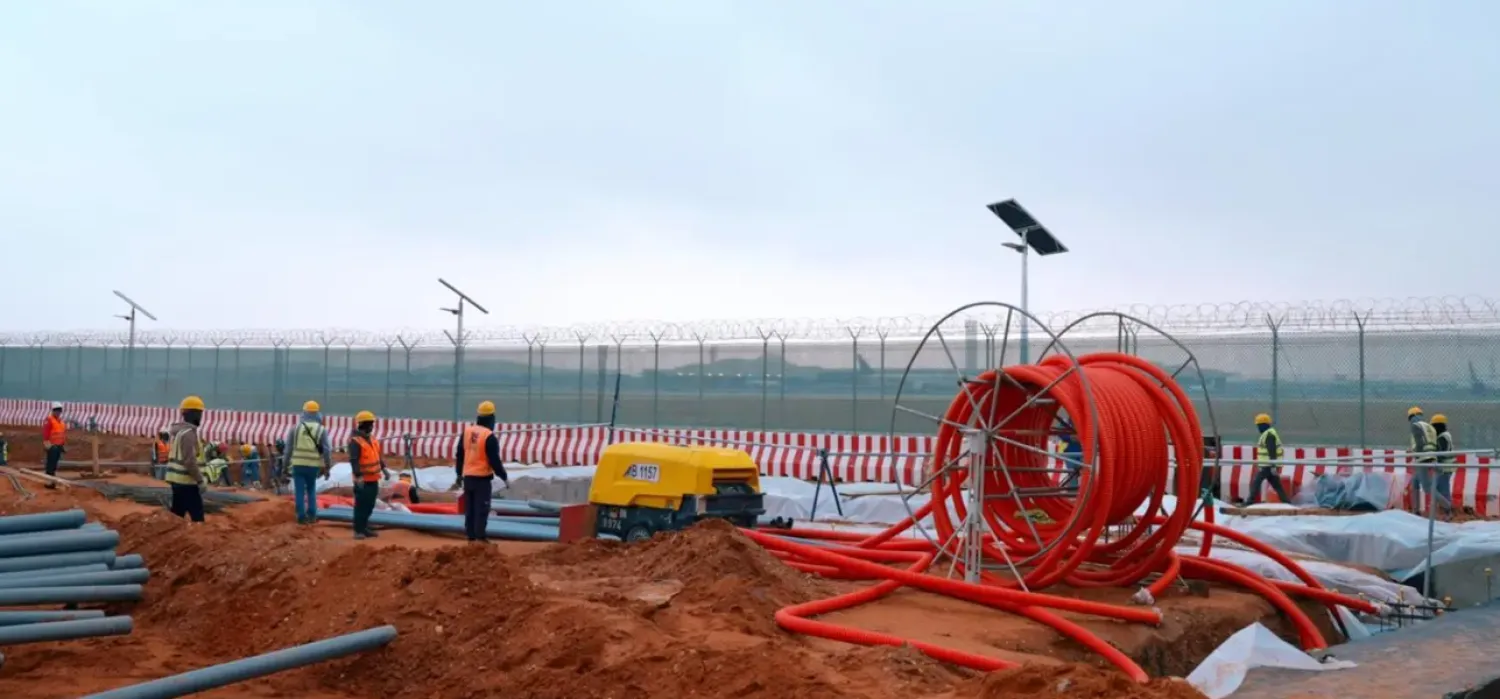China wants more French companies to invest in the country and hopes France will provide a fair business environment for Chinese firms, President Xi Jinping said on Monday, while France also called for fair rules for foreign companies in China.
Xi made the comments in a phone call with French President Emmanuel Macron, Chinese state television reported, seeking to strengthen ties with its European trading partner after Macron visited China in April.
China faces an electric vehicle subsidy investigation by the European Union and a looming probe into its steelmakers. Meanwhile, several European countries have complained about China's opaque laws and rules regarding foreign companies in the country.
"China is willing to maintain high-level exchanges with the French side," Xi said, adding that he welcomed more French products entering the Chinese market.
Macron's office said the opening of the Chinese market should go hand-in-hand with fair competition rules for foreign companies.
Asked whether France had made progress to counter Chinese plans to force French cosmetics companies to share manufacturing secrets with Chinese parties, a French presidential adviser said it was a major issue that Macron had raised himself.
"It's an important point for us, considering what's at stake for French companies," the adviser said.
Macron's office also said China had joined a French initiative called "Buildings Breakthrough" that sets a zero carbon emissions goal for the building sector for 2030.
Xi also said China was willing to strengthen cooperation with France at the United Nations and other multilateral institutions. China took over the presidency of the UN Security Council (UNSC) this month.
The leader of the world's second-largest economy also called on France to play a constructive role in promoting the positive development of China-EU relations, as ties have been strained over issues ranging from the EU's push to reduce supply chain reliance on China to the war in Ukraine.
"China and the European Union should remain partners for mutually beneficial cooperation," Xi said in the call.
The two leaders also exchanged views on the conflict in Gaza, and agreed that it was imperative to avoid a further deterioration of the situation, in particular an even more serious humanitarian crisis, state television reported.
The French presidential adviser said China, as a member of the UN Security Council, should contribute more to UNRWA, the UN Palestinian refugee agency than the $1 million it currently gives every year.
"We encourage the Chinese authorities to do much more," the adviser said.









